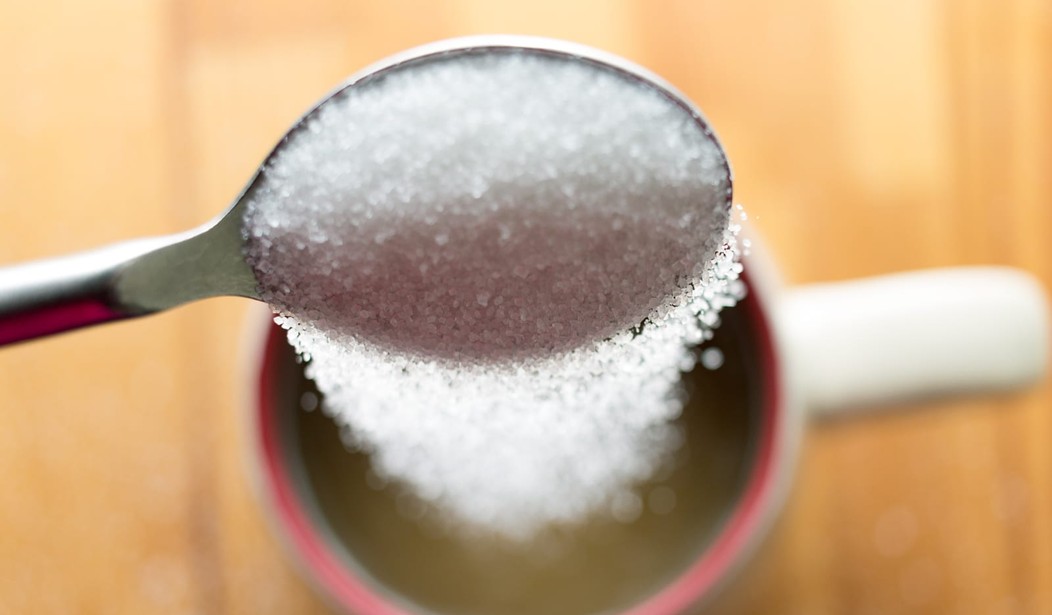New Zealand scientists found evidence potentially confirming the “sugar coma.” Simple sugars like glucose actually weaken brain performance.
“I am fascinated by how our senses influence our behaviour and affect our everyday lives,” Mei Peng, a lecturer in sensory science at the University of Otago and author of the study, wrote in the journal Physiology & Behavior. “In particular, how sugar consumption might change the way our brains work. In the case of sweetness perception, we have evolved to favour this taste.”
Previous research into glucose has linked it to improved memory performance, but studies examining the effect of glucose on other brain processes have had mixed results.
Peng’s study, “The “sweet” effect: Comparative assessments of dietary sugars on cognitive performance,” tested three types of sugar and a placebo, and found that glucose and table sugar (sucrose) led to weaker performance on various cognitive tests. Fruit sugar (fructose) and an artificial sweetener (sucralose) did not have the same effect.
The study involved 49 participants, each of whom was given a form of sugar and tested in three ways. The researchers conducted a simple response time task, a measure of math processing, and the Stroop task — presenting a subject with the name of a color (blue or green) printed in a color different from its name and asking a subject to identify the color of that word.
Those who consumed glucose or sucrose tended to do worse on cognitive tests than those who consumed fructose or sucralose. Those who had fasted for 10 hours before the study experienced an even larger effect.
Interestingly, the human body converts sucrose into glucose and fructose. Only glucose affects the brain through the blood.
“Our study suggests that the ‘sugar coma’ — with regards to glucose — is indeed a real phenomenon, where levels of attention seem to decline after consumption of glucose-containing sugar,” Peng told PsyPost.
The “sugar coma” refers to a “crash” after the activity boost from consuming glucose.
“While the sample size is relatively small, the effect we observe is substantial,” Peng told PsyPost. “Future research should further quantify how different brain regions change after sugar consumption – by using neuroimaging techniques. This will help us better understand how attention deficits arise after glucose consumption.”
“As food is becoming increasingly diverse, accessible and delicious, it is important to conduct more research in this area to understand food choices and eating behaviours,” the scientist concluded.
Peng authored the study with her fellows in the University of Otago department of food science, Rachel Ginieis and Indrawati Oey, and a member of the psychology department, Elizabeth A. Franz.









Join the conversation as a VIP Member